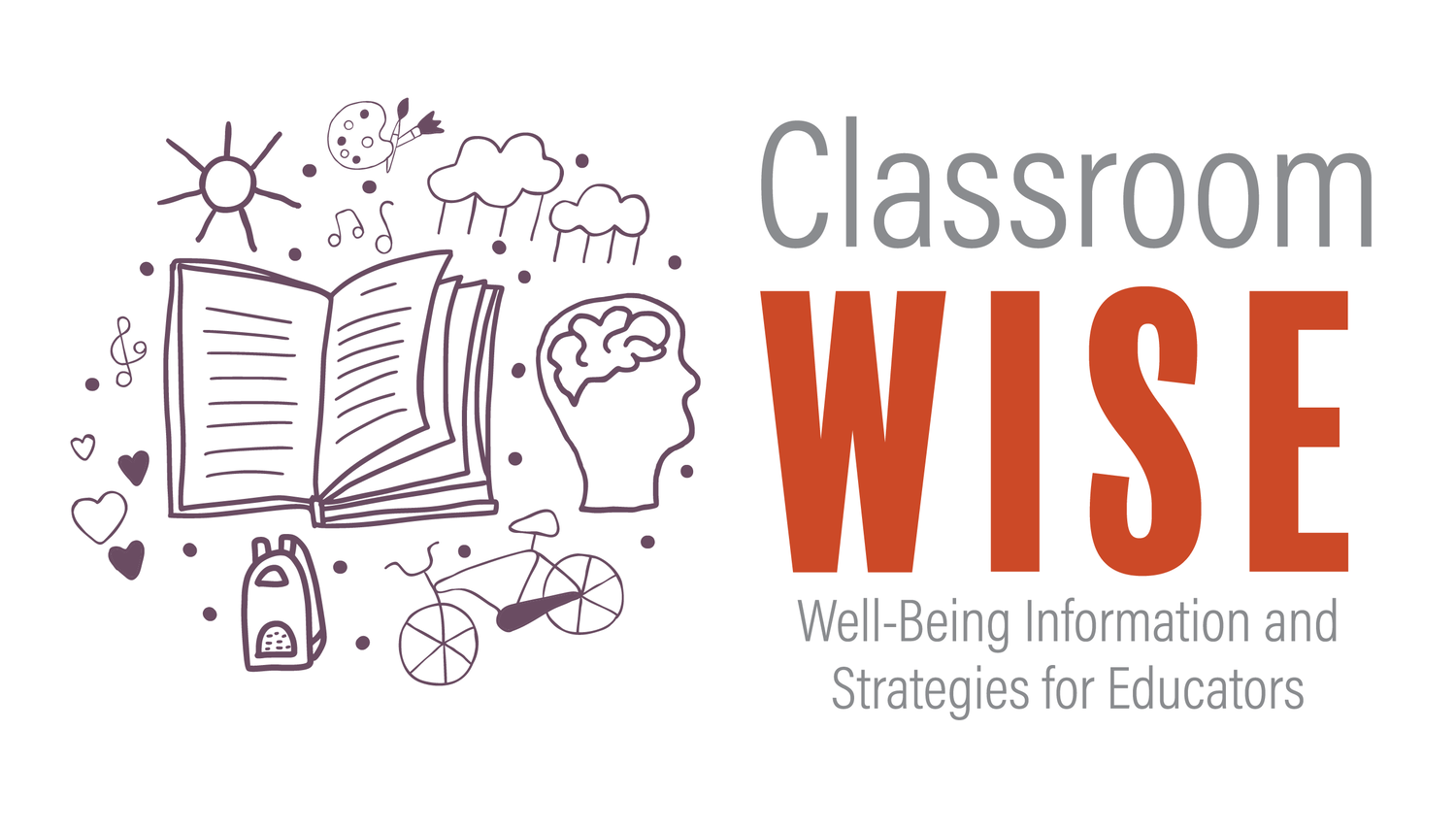
Cultural Inclusiveness and Equity WISE Resources
Module 1: Understanding How Social Injustices Impact Student Mental Health
Glossary
This resource includes definitions for key terms used throughout the Cultural Inclusiveness and Equity WISE course.
Resources
This resource includes definitions for key terms used throughout the Cultural Inclusiveness and Equity WISE course.
Building Trauma Sensitive Schools
This resource is a packet that contains guidelines, strategies, and professional development activities that can be used to build trauma-sensitive schools.
Developed by the National Center on Safe Supportive Learning Environments
Kimberle Crenshaw: What is Intersectionality Video
In this brief, 2-minute video, Kimberle Crenshaw defines intersectionality.
Developed by the National Association of Independent Schools (NAIS)
In this article by Learning for Justice, educators are introduced to the topic of intersectionality, how it shows up in schools, and what educators can do to promote equity.
Developed by Learning for Justice (formerly known as Teaching Tolerance)
In this video, intersectionality is defined and examples related to students' experiences in schools are illustrated.
Developed by Learning for Justice
ADDRESSING Framework Worksheet
This worksheet prompts users to consider multiple dimensions of identity when conceptualizing unique strengths and needs.
Understanding Race and Privilege
This article provides information to educators about power and privilege in the context of schools. Includes self-reflection questions and discussion prompts.
Developed by the National Association of School Psychologists
Reflection Activities about Power and Privilege
A variety of reflections and action steps for educators to consider their own power and privilege and consider the impact of power and privilege on experiences and interactions.
Developed by the University of Central Arkansas
TED Talk by Dr. Camara Jones "Allegories on Race and Racism"
Dr. Jones uses storytelling and examples to define racism and outline the three levels of racism: Institutionalized Racism, Personally-mediated racism, and Internalized racism.
Developed by TEDx Talks
Levels of Racism: A Theoretic Framework and a Gardener’s Tale
This article by Dr. Camara Jones presents a theoretic framework for understanding racism on 3 levels: institutionalized, personally mediated, and internalized.
Published in the American Journal of Public Health
A History of In/Equity in US Public Education Policy and Law: Implications for School Boards
This video provides a broad overview of the key legislation and court cases related to the advancement educational equity in U.S. public schools including important milestones related to public school governance, school integration, and civil rights.
Developed by the Great Lakes Equity Center
The Troubled History of American Education after the Brown Decision
Information about the history of in/equity in education since the 1954 Brown v Board of Education ruling.
Developed by the Organization of American Historians
Unequal Opportunity: Race and Education
Linda Darling-Hammond discusses the effect of opportunity and resources on the educational achievement gap.
Published by The Brookings Institution
Microaggressions and Microinterventions in the Classroom
This article defines microaggressions and discusses the ways that they might show up in the classroom. It also provides information about disrupting microaggressions.
Developed by Florida State University
Microaggressions in the Classroom
This video discusses recognizing and responding to microaggressions in the classroom.
Developed by North Carolina State University
"If you notice a microaggression, acknowledge it"
Students takes their cues from teachers on to react to or address hurtful language. This resource provides steps to model responding to microaggressions for educators.
Developed by Carnegie Mellon University
Responding to Microaggressions in the Classroom: Taking ACTION
Brief summary of the ACTION model of responding to microaggressions.
Developed by Faculty Focus
Equity Messaging Guidance for Districts
This resource provides practical guidance on how districts and schools can affirm their commitment to create equitable, just and thriving schools for everyone in the face of resistance to cultural inclusiveness and equity work and framing (i.e., critical race theory).
Developed by the National Equity Project

